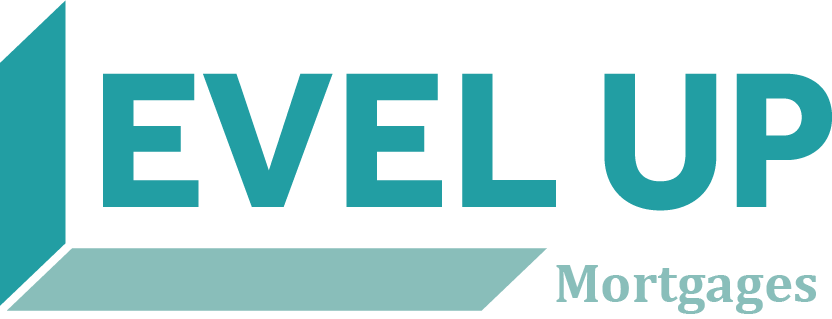Canada’s Real Estate Market and Its Benefits for Investors
Canada’s Real Estate Market and Its Benefits for Investors
The Canadian real estate market offers many opportunities for anyone, especially those looking to purchase property for investment purposes.
It's a well-known fact that the real estate market is highly volatile, especially since there's lots of competition involved. After all, real estate is a risky investment, and the market is constantly fluctuating. However, some countries are arguably more well-off than others and more stable. One example is Canada, whose real estate market is booming.
Canada's real estate market is notable for its extensive and diversified housing market, which attracts prospective homebuyers because of its low-interest rates. The market is also doing well on the commercial side, with a lot of investment from domestic and foreign investors. The market is expected to continue doing well in the coming years, making it a great place to invest in real estate. However, many investors don't consider establishing a hold in the Canadian real estate market because they think it's not sustainable, which is never the case. For this reason, we'll discuss Canada's real estate market and what it can do for investors.
A Brief Overview of Canada's Real Estate Market
Canada has one of the world's most stable and secure real estate markets. The market is constantly growing and offers a lot of opportunities for investors. It's also a great place to live, with a high quality of life and plenty of amenities. Thanks to the country's strong economy and low-interest rates, the market is desirable to homebuyers and investors.
There are many reasons why the Canadian real estate market is a great place to invest. For one, the market is constantly growing, so there's always potential for profit. Additionally, the market is stable and secure, so investors don't have to worry about their investments plummeting in value. The market is also diversified, so investors can find a property that fits their needs and budget.
Canada's Property Taxes
Canada's property taxes are relatively low, which is also a strong point for investors. The average tax rate for a home in Canada is only 0.5% to 2.5%, which is much lower than in other countries. This makes it easier for investors to make a profit on their investments. Additionally, the government offers a variety of tax breaks and incentives for investors, which further reduces the cost of investing in the Canadian real estate market.
However, some exemptions may apply if an investor is a foreign national or the property is used as a rental property (more on this later). For example, suppose a foreign national is buying a property in Canada as a primary residence. In that case, they may be exempt from paying capital gains tax on the sale of the property.
Taxes on Rental Properties
For rental properties, the Canadian Income Tax Act requires property owners to remit 25% of the gross property rental income annually. However, non-residents can pay 25% of the net rental income (after expenses) by completing an NR6 form. This is an important distinction, as it can significantly impact your tax liability. If you're a non-resident property owner, paying the net rental income may be beneficial, reducing the tax you owe.
Whichever way you choose, you should speak with a tax professional to determine which option is best for your situation.
Selling Property in Canada
When you sell property in Canada, you must pay capital gains tax. The capital gains tax is a tax on the profit you make when you sell an asset and is calculated as a percentage of the profit you make on the sale. For both non-residents and residents, you are required to pay 50% of the profit.
However, things will become a little more complicated if you designate the property as your primary residence. If you're a resident of Canada and the property is your principal place of residence, you won't be taxed on the capital gains when selling the property. You can designate any residence as a principal residence as long as you "ordinarily inhabit" it, meaning that it's where you live most of the time. This includes cottages, mobile homes, apartments, and houses. You can only designate one as your principal residence if you own multiple properties.
If you're selling property in Canada and are not a Canadian resident, you must provide the buyer with a clearance certificate from the Canada Revenue Agency (CRA). Without this certificate, the buyer could be held liable for any non-resident seller's unpaid taxes.
THE BOTTOM LINE
The Canadian real estate market offers many opportunities for anyone, especially those looking to purchase property for investment purposes. However, you must know the potential tax implications of your investment before making a purchase. When you do, your investment will be lucrative and yield significant profits.
Level Up Mortgages is for you if you need help with mortgage strategies in Canada! We understand the intricacies of mortgages, from pre-approval to repayments, so we provide comprehensive plans and options to help home buyers. Visit our website today to get started!
Level Up Mortgages is a mortgage broker team focused on helping the self employed, new immigrants, non-residents, and investors, access best rate and alternative lending in Canada. We have been nominated for best up and coming broker in Canada in 2021 and have been on CTV News and various publications because of our education-first approach to helping you always stay a step ahead of the process. Reach out to us for access to our first-time buyer course or a mortgage strategy session.
See What You Qualify For Or Contact Paul To Get Your Pre-Approval.
Paul Davidescu (www.levelupmortgages.com)
Level Up Mortgages
604-809-3188
paul(at)levelupmortgages.com
See Our Google Reviews in BC & Ontario: bit.ly/GoogleReviewLUM ⭐️⭐️⭐️⭐️⭐️

